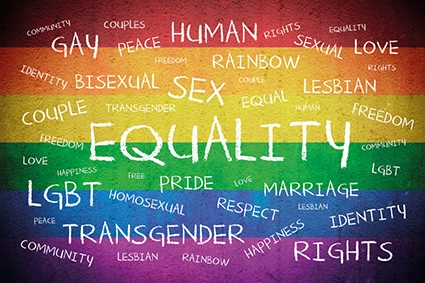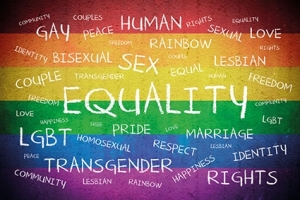LGBTQ Still Have No Place in the Caucasus
On August 3, nine gay-right activists were beaten up in Armenia by dozens of people, according to the Pink Armenia activist organization. Two victims were reportedly hospitalized. Evlira, one of the victims, explains that the assault was preceded by homophobic slurs and threats.
This kind of assault is not an isolated example. Worse, all Caucasian countries seem to face it periodically. Let’s take a look at the situation in each country.
GEORGIA
In Georgia, the lesbian, gay, bisexual, transgender and queer (LGBTQ) community enjoy acceptance at the legislative level. Indeed, homosexuality has been decriminalized since 2000. At the age of 16, teenagers are permitted to have sexual relations, no matter what the sexual orientation. However, the LGBTQ rights stop there. The Georgian Civil Code states that marriage must be between a male and a female. Furthermore, and as a result, adopting a child is forbidden by same-sex couples. In professional terms, the law does not contain any non-discrimination clause for the workplace and employers are not required to justify their choice of workforce.
Regarding mentalities, a huge leap remains to be taken before LGBTQ acceptance becomes widespread. More than 80% of the population are Orthodox and listen to their Church when it names homosexuality an abnormality, a disease, and a slur to tradition.
On August 1, the National Democratic Institute (NDI) and the Caucasus Research Resource Center of Georgia (CRRC Georgia) released their latest poll results. Only 23% of respondents thought that sexual minorities needed protecting and 44% said it is not necessary at all to protect them. Five years ago, in 2013, 93% said they would be against living with homosexual neighbors.
There have been cases of assault against homosexuals, in particular during the Anti-Homophobia Day parade in 2013 in the streets of Tbilisi.
AZERBAIJAN
In September 2017, a vicious crackdown from the authorities proved that the country remains the ‘Worst of 49 European Countries in which to be Gay,’ as a survey released in 2016 stated. According to the study, there is a near total absence of legal protection for LGBTQ individuals. Over ten days last year, dozens of gay people and transsexuals were arrested. Lawyer S. Rahimli said that “Crackdowns on the LGBT community [have become] systematic and widespread.” In Azerbaijan, same-sex couples are not legally recognized. According to the Pew Research center, 92% of the population believes that homosexuality is morally wrong,
ARMENIA
In this South Caucasus country, 97.5% of the population are against homosexuals kissing in public, and 94% do not want to see gay couples holding hands in public places. LGBT people living in the Armenian countryside have to hide their sexual identity to survive socially. In the capital, the situation is better, but gay people can still expect to face hurtful comments or hostile looks.
CHECHNYA
Maybe the worst place to be in the Caucasus as an LGBT or Q. Last year, Chechnya was high in the media focus and agendas regarding LGBTQ persecutions. Novaïa Gazeta revealed that Ramzan Kadyrov, who rules Chechnya, a Muslim territory which is part of the Russian Federation, was carrying out a witch-hunt against homosexuals. Hundreds of people were tortured and put in “concentration camps.” Survivors speak about electrocution and food deprivation. One, named Lapunov, told the NewYork Times “they accused me of being gay and beat me with nightsticks (…) They beat and kicked me. When I left Chechnya, I was literally crawling.”
By Antoine Dewaest












